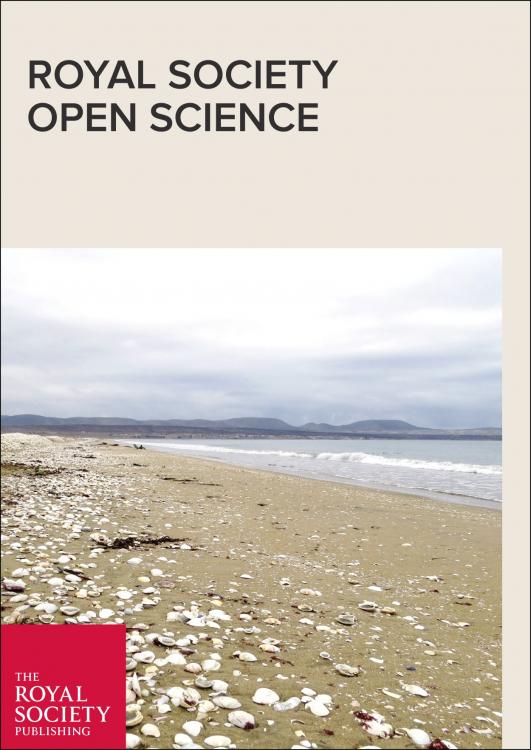Quote5. Conclusion
In this study, we successfully developed a short questionnaire that can reliably assess the aggressive behavioural tendencies of dogs against their owners, without being subjected to the potential risks of direct behavioural testing. Thereby, the assessment of aggressive behaviour becomes possible in those dogs that are otherwise often precluded from participating in behaviour measurements because of their aggressive propensities. By controlling the questionnaire with two relevant behaviour tests, we showed that it could serve as a versatile and reliable research tool for the quick assessment of owner-directed aggressive tendencies in dogs. In the future, it would be interesting to widen the applicability of our questionnaire, also by testing its predictability in other behavioural situations. In the case of subjects living at dog shelters, before offering dogs for adoption, the questionnaire would be applicable only after a longer period when the caretakers gained enough personal experiences about particular dogs through their everyday interactions.
This would allow us to undertake measurements in a much a wider population, providing not only researchers but also dog owners and handlers with valuable and relevant information.
Source: Publisher: The Royal Society Open Science
PDF INTERNAL LINK
- Assessment of owner-directed aggressive behavioural tendencies of dogs in situations of possession and manipulation (Internal)
- Raw Data (Internal xlsx) rsos171040_si_001.xlsx



Recommended Comments
Join the conversation
You can post now and register later. If you have an account, sign in now to post with your account.
Note: Your post will require moderator approval before it will be visible.